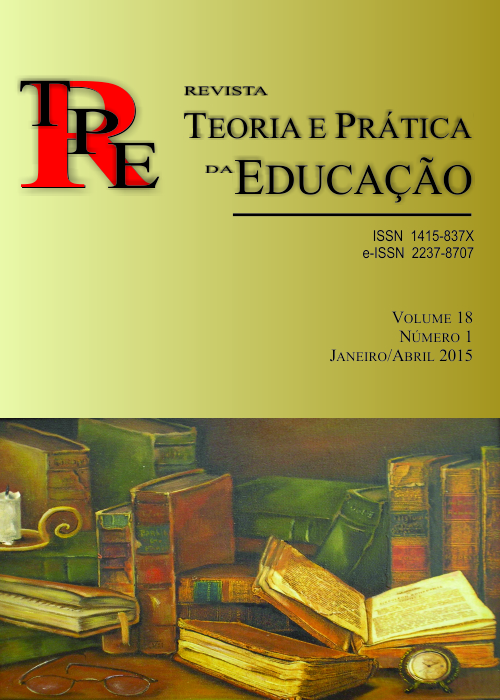<b>Una mirada sobre el discurso normalista en el Uruguay decimonónico ¿saberes o gobierno de las almas?
Résumé
El artículo se inscribe en un trabajo de investigación más amplio que explora las construcciones de sentidos de la formación de los maestro en Uruguay. Particularmente este artículo presenta un análisis en torno a los sentidos articulados en la formación inicial de los maestros en la génesis del estado moderno en Uruguay. El mismo se articula en torno a una interrogante central: ¿cómo se ha caracterizado y qué sentidos ha adquirido la formación del maestro normalista? En este eje se analiza el lugar otorgado a la enseñanza en tanto acontecimiento que pone en relación contenidos disciplinares y saberes y qué lugar se concede a la educación en tanto dispositivo disciplinador y de gobierno de los sujetos en el proceso de formación de los maestros. Este abordaje se nutre conceptualmente de los aportes en torno a la gubernamentalidad desarrollados por Foucault. Metodológicamente se trabaja a partir del análisis de documentos de época, en los cuales se identifica el lugar otorgado a la educación en el proyecto del Uruguay moderno. Este análisis permite apreciar el zeitgeist moderno sobre el cual se articulan los sentidos (cruzados y en tensión) que identifican a la figura del maestro normalista. A partir de este análisis se identifica el lugar “mesiánico” otorgado a la escuela y el papel apostólico conferido al maestro. En este marco se identifican los acentos conferidos a la formación de los maestros vinculados con los procesos de disciplinamiento, gobierno y autogobierno de las almas.
Téléchargements
Autores que publicam nesta revista concordam com os seguintes termos:
a) Os autores mantêm os direitos autorais e concedem à Revista Teoria e Pratica da Educação o direito de primeira publicação
b) Esta revista proporciona acesso público a todo o seu conteúdo, uma vez que isso permite uma maior visibilidade e alcance dos artigos e resenhas publicados.











